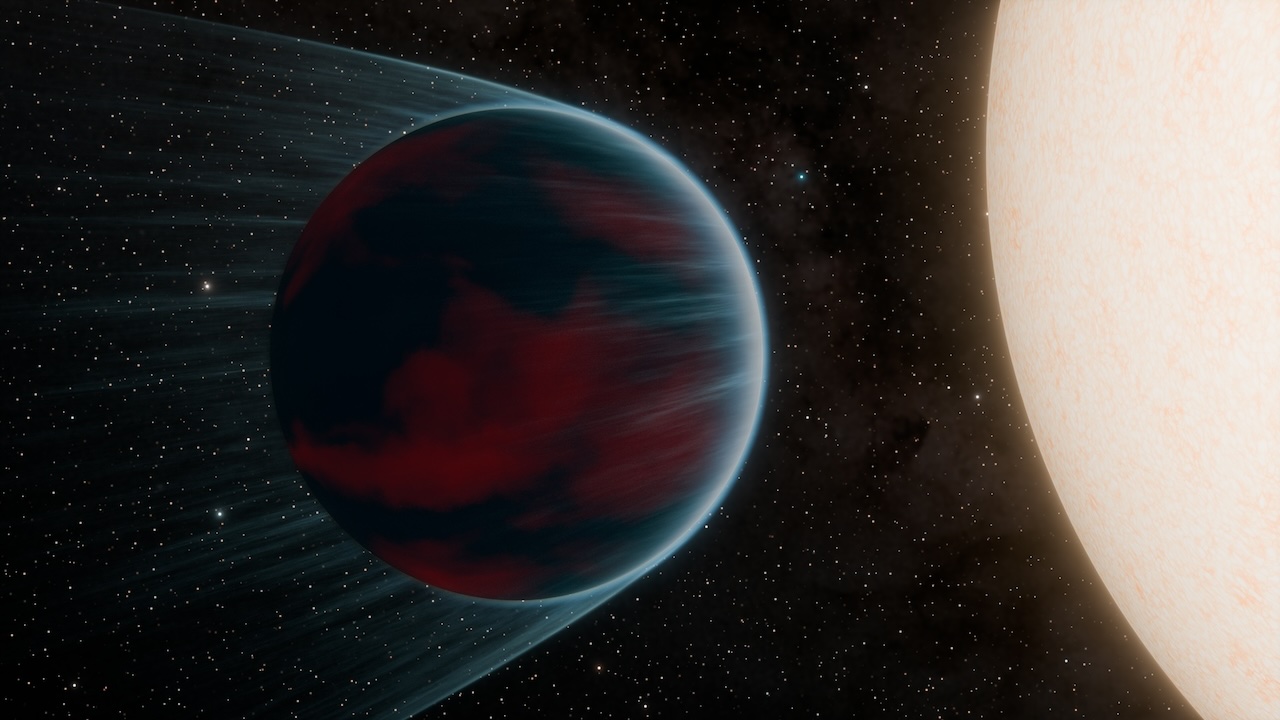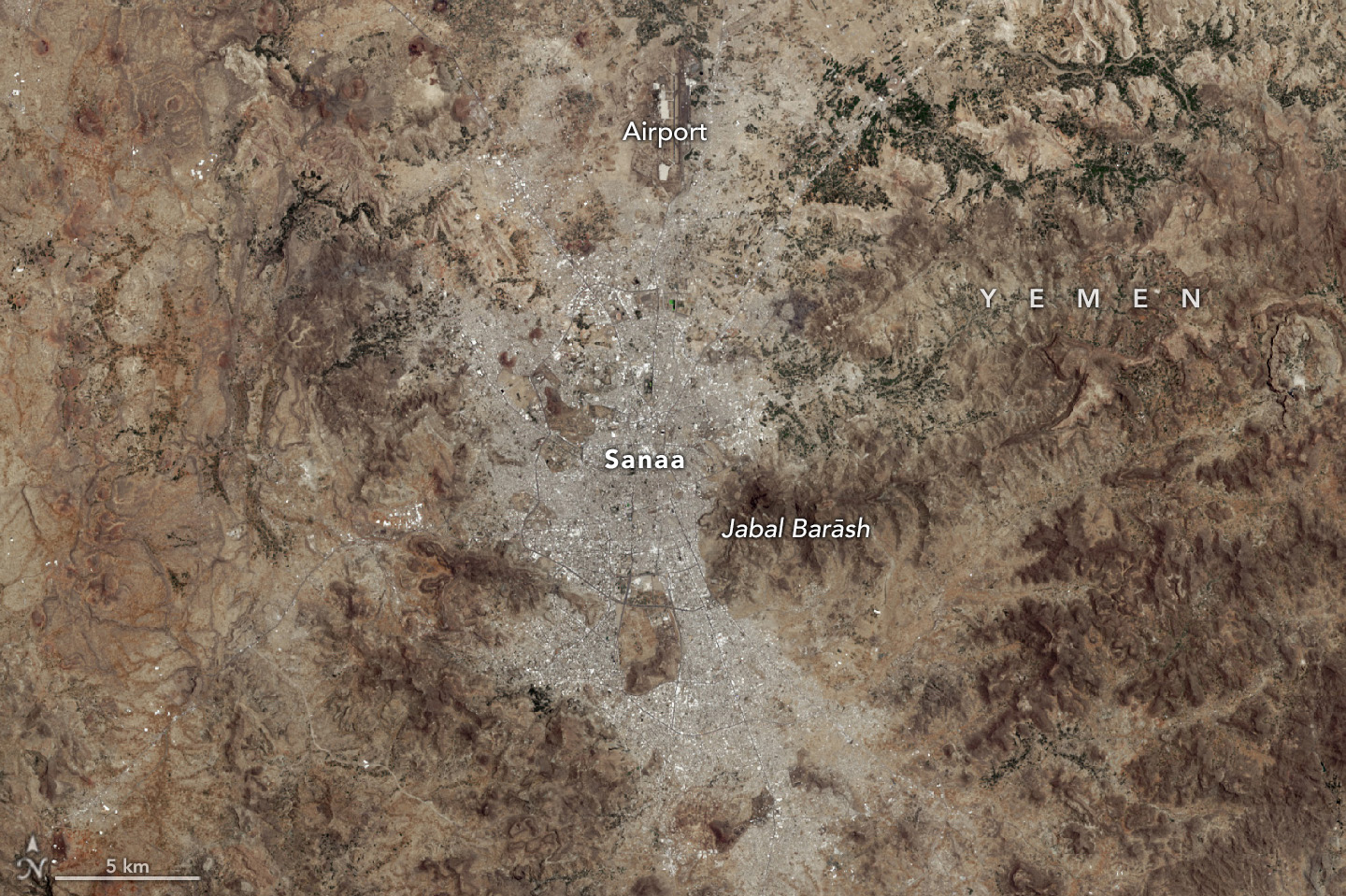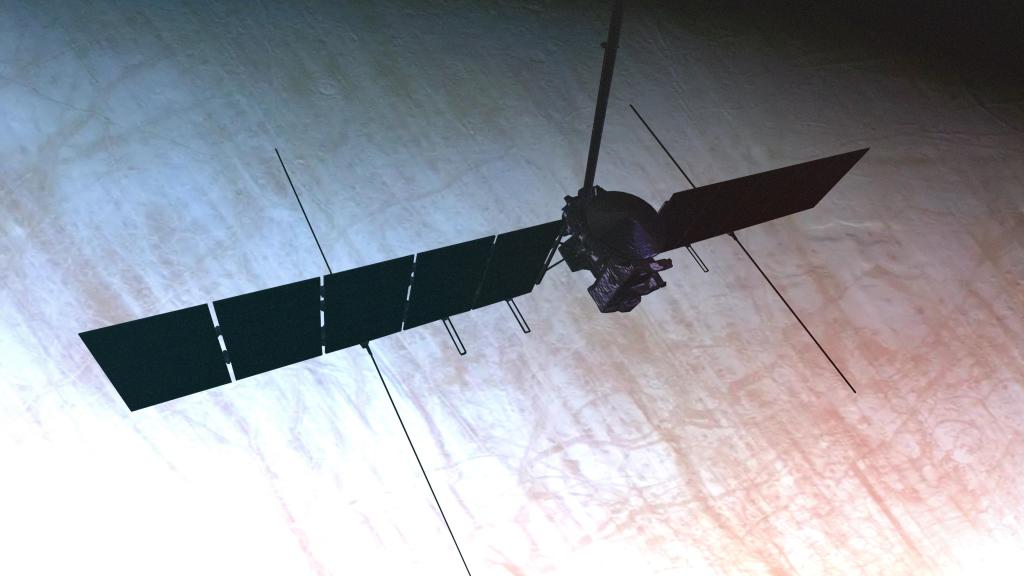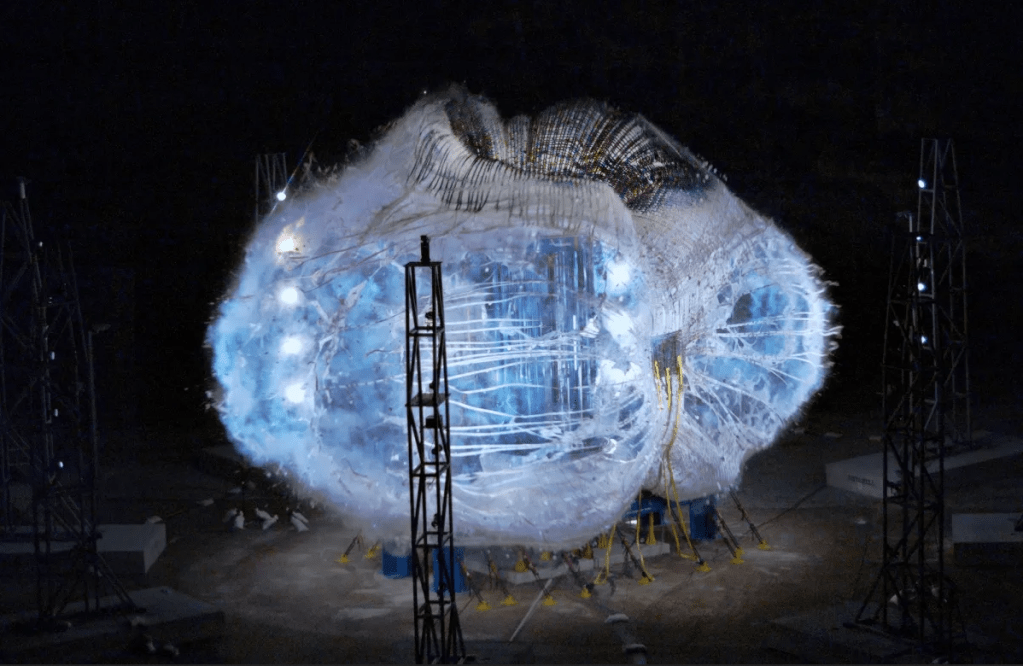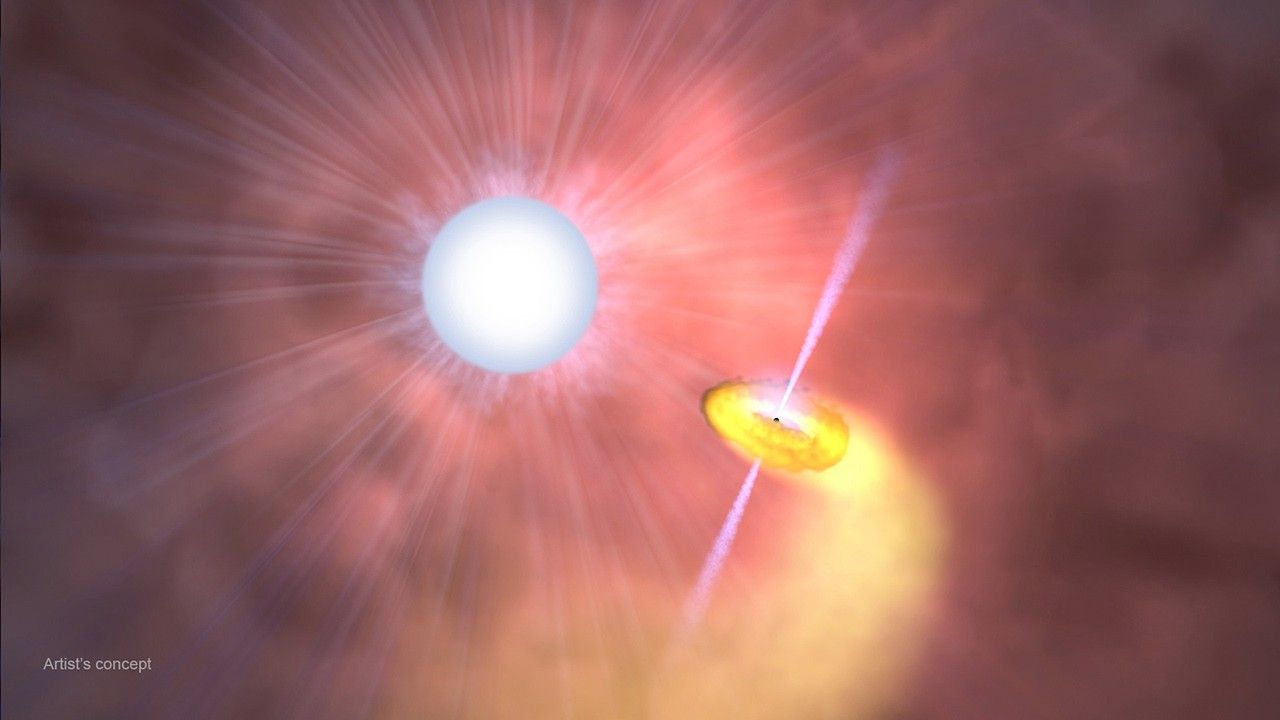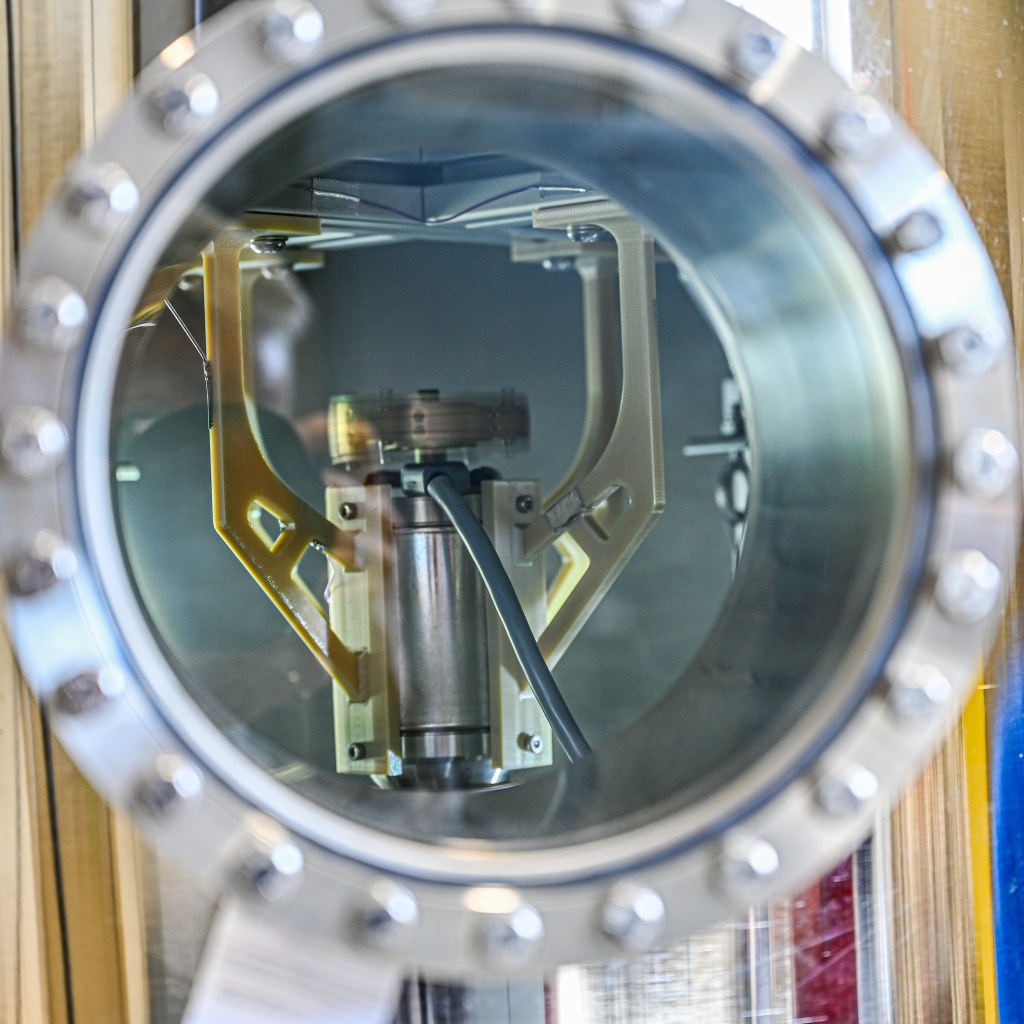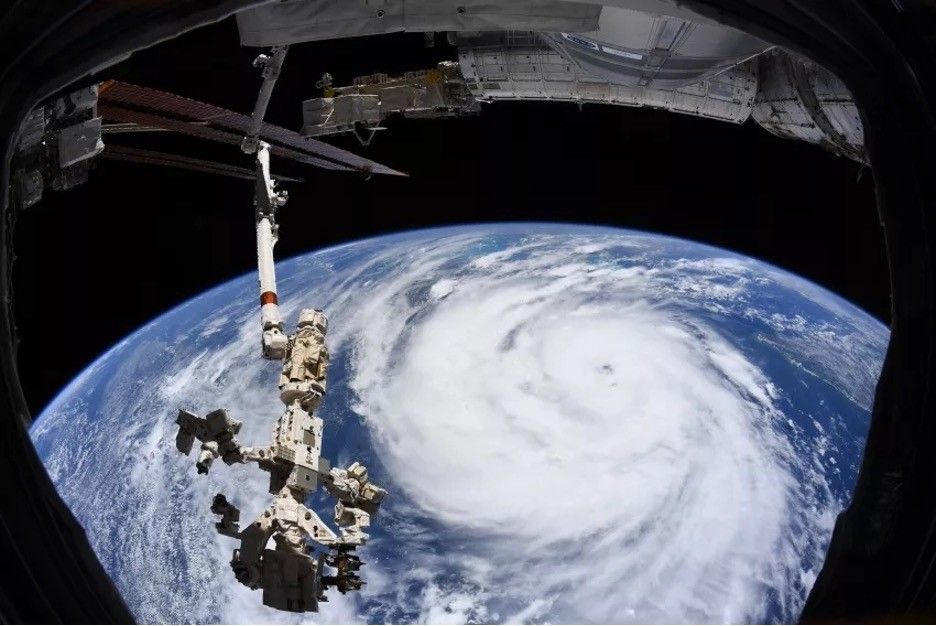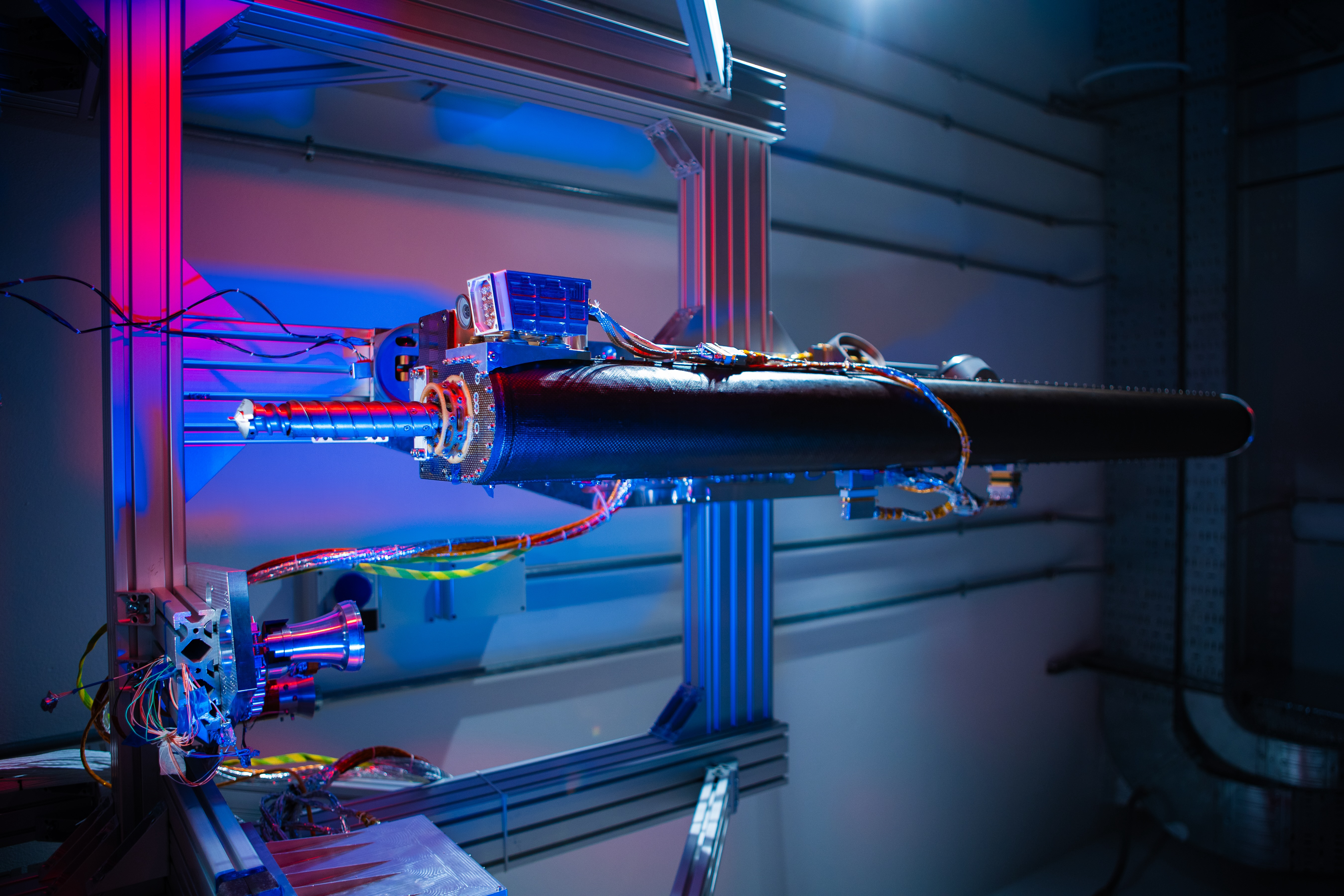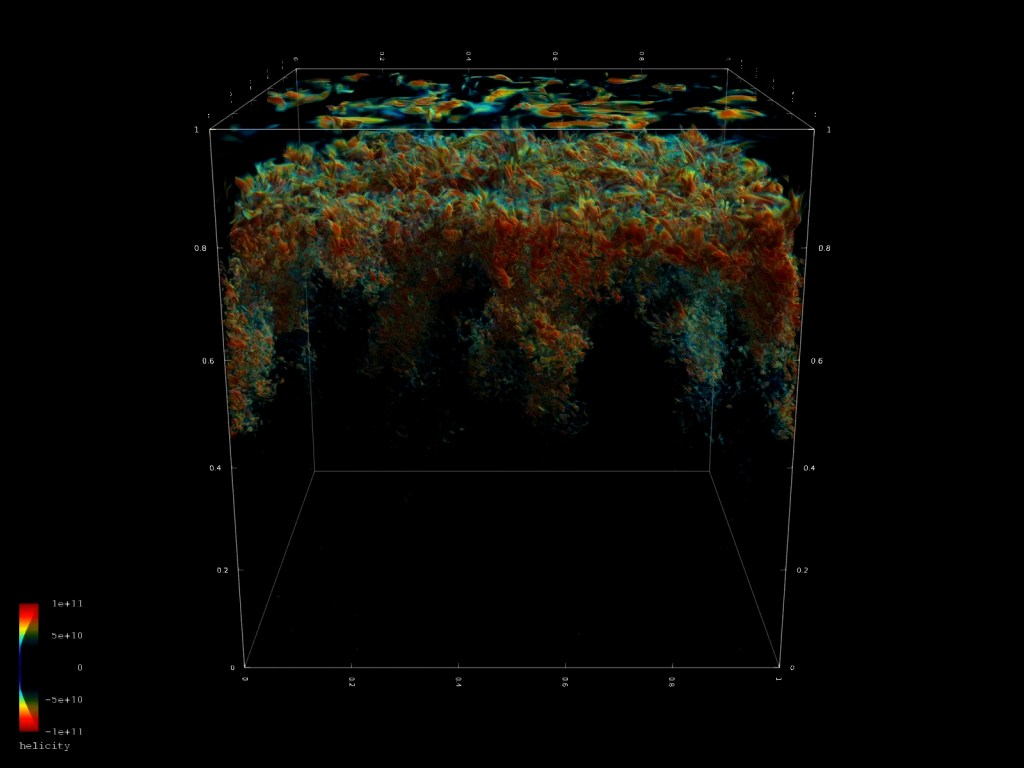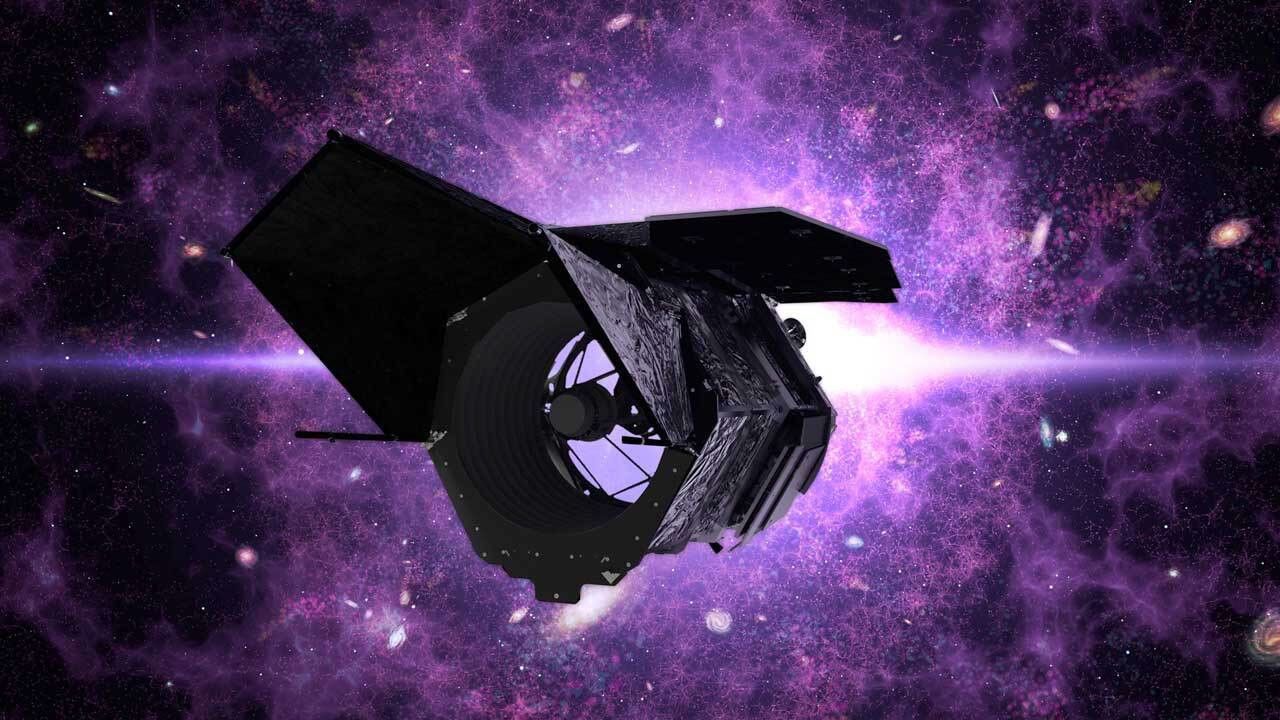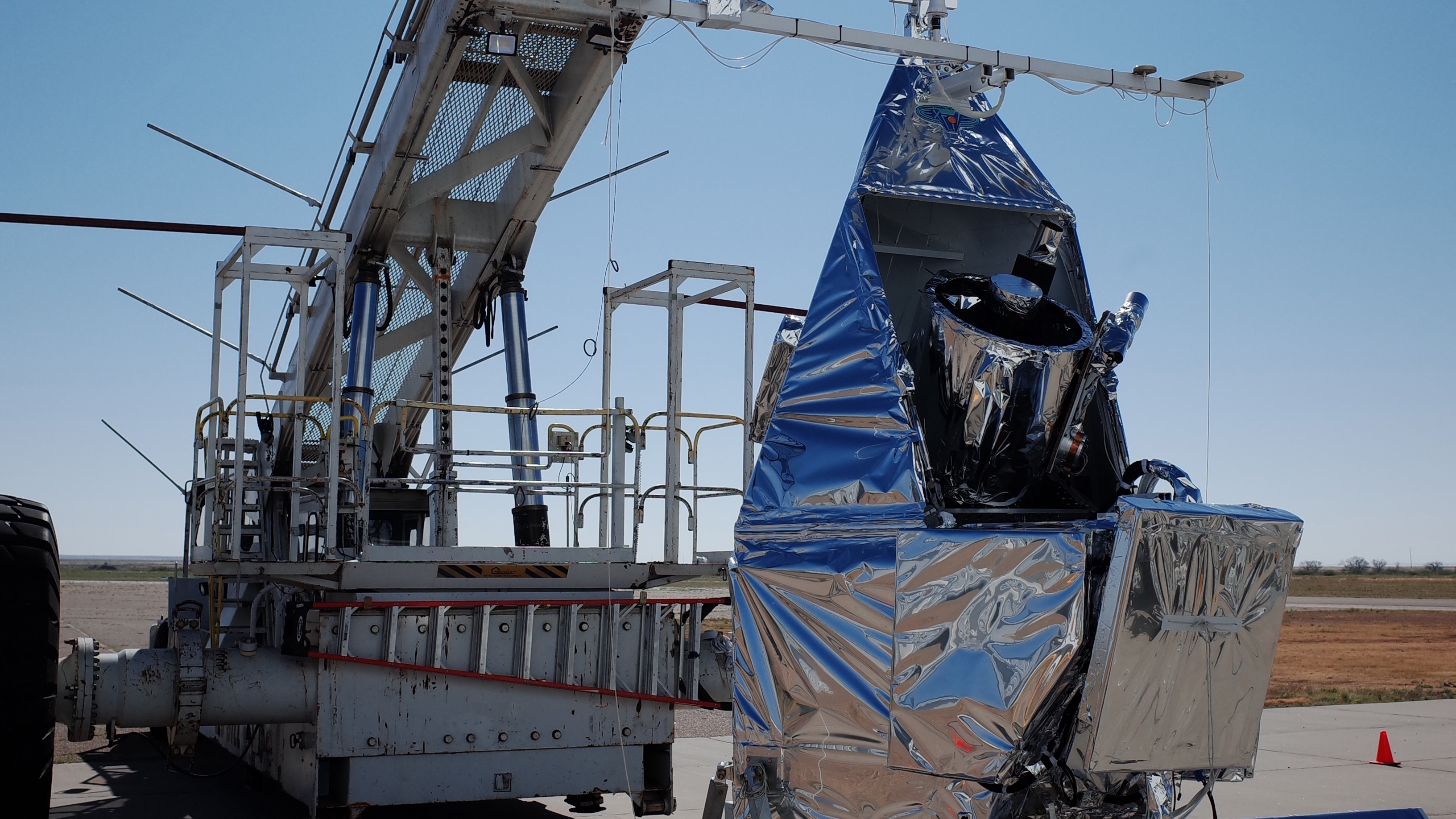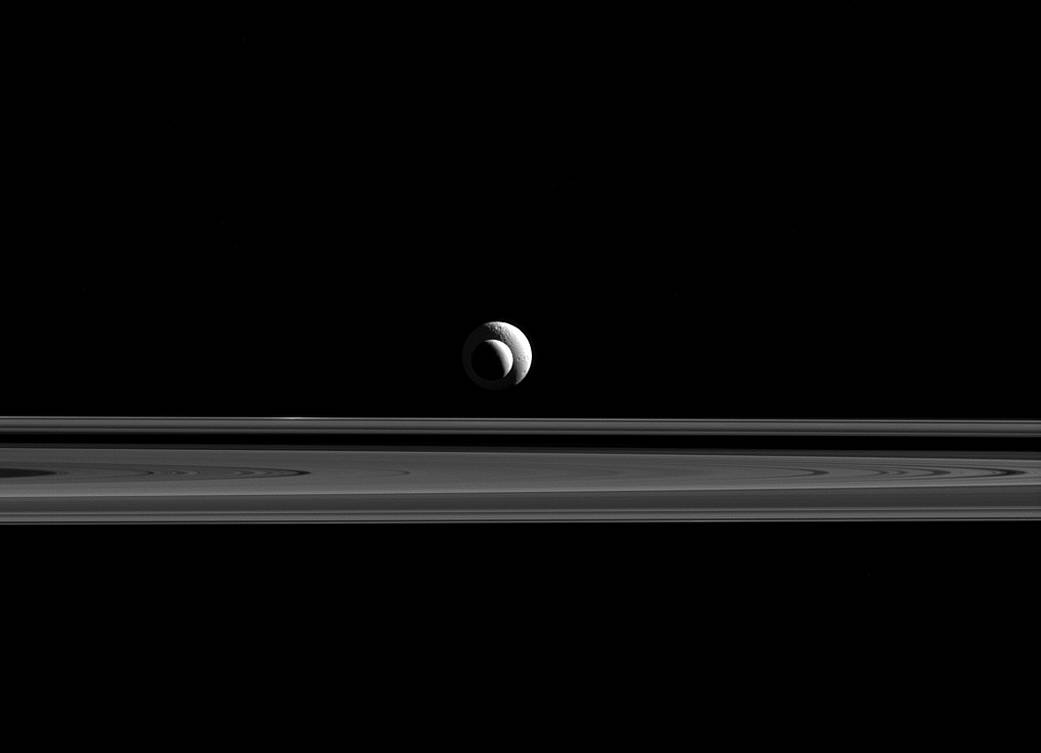Like a cosmic bull’s-eye, Enceladus and Tethys line up almost perfectly for Cassini’s cameras.
Since the two moons are not only aligned, but also at relatively similar distances from Cassini, the apparent sizes in this image are a good approximation of the relative sizes of Enceladus (313 miles or 504 kilometers across) and Tethys (660 miles or 1,062 kilometers across).
This view looks toward the unilluminated side of the rings from 0.34 degrees below the ring plane. The image was taken in red light with the Cassini spacecraft narrow-angle camera on Sept. 24, 2015.
The image was obtained at a distance of approximately 1.3 million miles (2.1 million kilometers) from Enceladus. Image scale on Enceladus is 7 miles (12 kilometers) per pixel. Tethys was at a distance of 1.6 million miles (2.6 million kilometers) with a pixel scale of 10 miles (16 kilometers) per pixel.
The Cassini mission is a cooperative project of NASA, ESA (the European Space Agency) and the Italian Space Agency. The Jet Propulsion Laboratory, a division of the California Institute of Technology in Pasadena, manages the mission for NASA’s Science Mission Directorate, Washington. The Cassini orbiter and its two onboard cameras were designed, developed and assembled at JPL. The imaging operations center is based at the Space Science Institute in Boulder, Colorado.
For more information about the Cassini-Huygens mission visit http://saturn.jpl.nasa.gov or https://www.nasa.gov/cassini . The Cassini imaging team homepage is at http://ciclops.org .
Credit: NASA/JPL-Caltech/Space Science Institute

